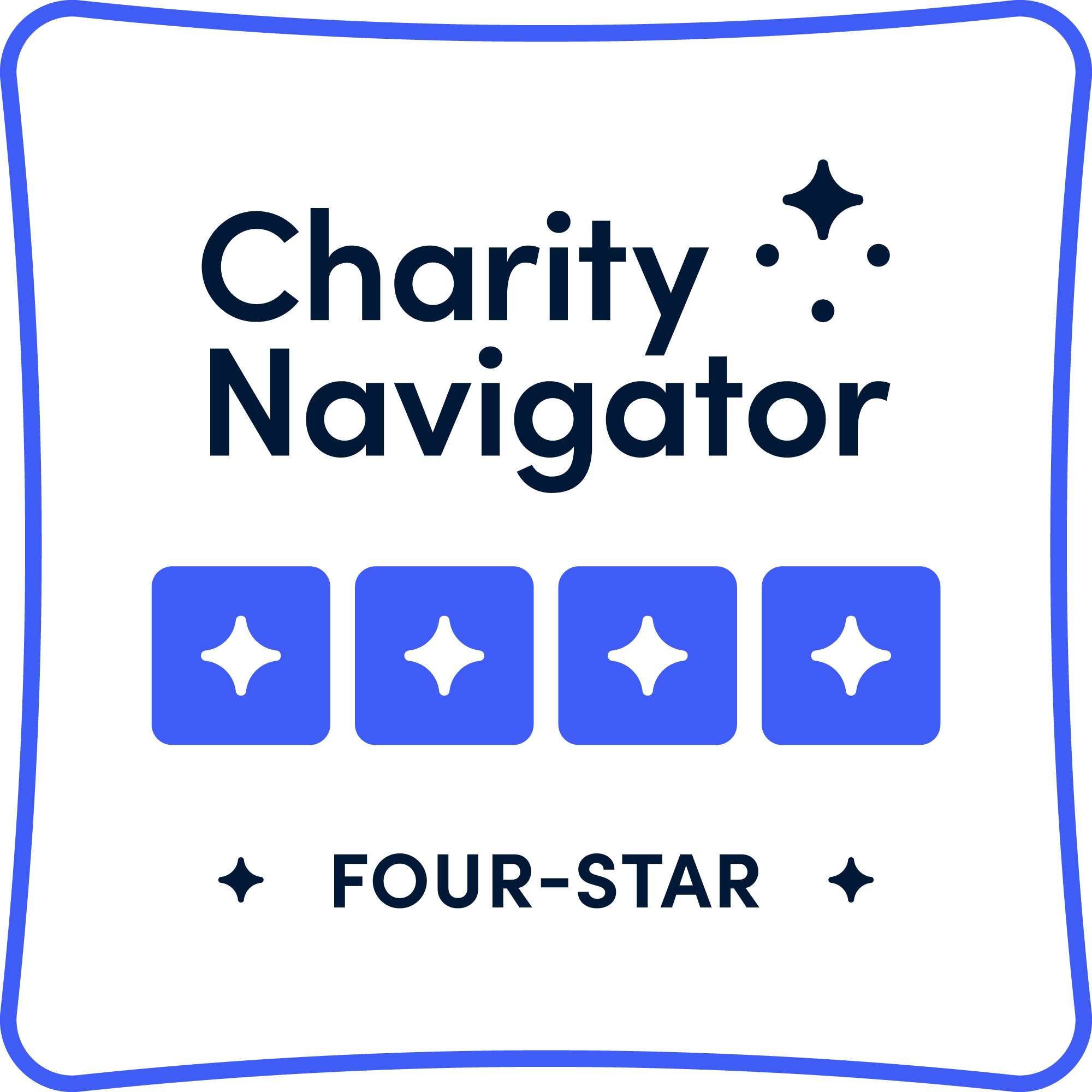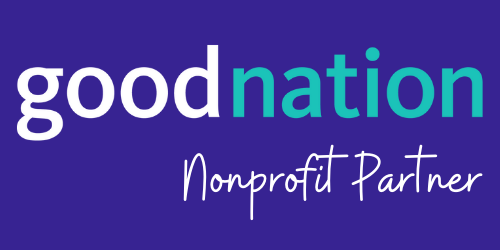ideas42’s network of academic affiliates represent some of the world’s foremost experts in behavioral science.
In their efforts to address some of society’s toughest problems—from poverty alleviation to improving health care—these scholars have continually generated surprising and often counterintuitive scientific insights about why we make the choices we do.
Their research illuminates our behavioral interventions across all domains. We collaborate closely with our affiliates, imbuing our designs with their expertise. Our affiliates are thus an important part of the process to ensure that we uphold scientific rigor. As we often mention, this enables us to identify what really works and scale it up to maximize our social impact.
What we don’t often mention is, what inspires our affiliates’ impactful work? And why does it all matter?
Unsurprisingly, the leaders in cutting-edge behavioral science have a lot of interesting things to say. To share these insights more broadly, we’re excited to launch a series of interviews featuring snapshots of our affiliates’ most recent and compelling examinations of human behavior.
To kick off our series, ideas42’s newest affiliate Angela Duckworth recently visited our New York office and met with our team. The 2013 MacArthur Fellow and TED Talk alumna gave an engaging talk about how people channel self-control and grit to overcome challenges and achieve long-their term goals. She was also kind enough to spend a few moments sharing her thoughts on behavioral science with us:
What drew you to the field of behavioral science?
I was a middle school math teacher when I was in my mid-20s, just after I had left McKinsey. I had this very distinct impression from my teaching experience that there was a lot going on with the kids in my class at a psychological level, both among those who were doing well and those who weren’t doing well. But what I had noticed in these students was beyond aptitude or intelligence. This observation was what got me started with looking into behavioral science.
What’s one of the most surprising discoveries about human behavior?
One discovery that really surprised me and continues to perplex me is how measures of aptitude or talent in a domain do not reliably relate to how long and hard people work. Somebody who is really able and gets a lot out of every minute they put into something isn’t always that person who persists and works hard.
To some extent, that seems illogical because these types of really talented people have the most to gain from hard work. Rationally, they should spend more time on their endeavors than anyone else. However, they’re often the most fragile and least hardworking. Having discovered that, we can of course come up with post hoc explanations for why that is. But this was an interesting and non-intuitive discovery for me.
How can the concept of grit be best applied for social impact?
Self-control may have broader relevance for the kinds of health, education, and social outcomes that ideas42 cares about. In terms of grit, there is an extent to which sticking with anything over a long-term time horizon, being consistently interested in it, and working at it with tenacity is very important. Even if you’re not an Olympic athlete or an aspiring Fields Medal-winning mathematician, I think grit is relevant for people trying to achieve anything of long-term significance.
How do you use behavioral science in your daily life, or recommend that people use behavioral science in their daily lives?
That’s a really good question. One of the things that The Duckworth Lab works on is habit, or habit formation. One insight I’ve had about habit is that it truly neutralizes the aversive. Making something habitual takes the sting away from that task. If you just decide every day when you’re going to do [the task], and where you’re going to do it, you’re effectively putting it on autopilot. I do this with things like exercise or flossing. I also find it helpful to do it with writing, which I try to do first thing in the morning and is otherwise hard for me.



